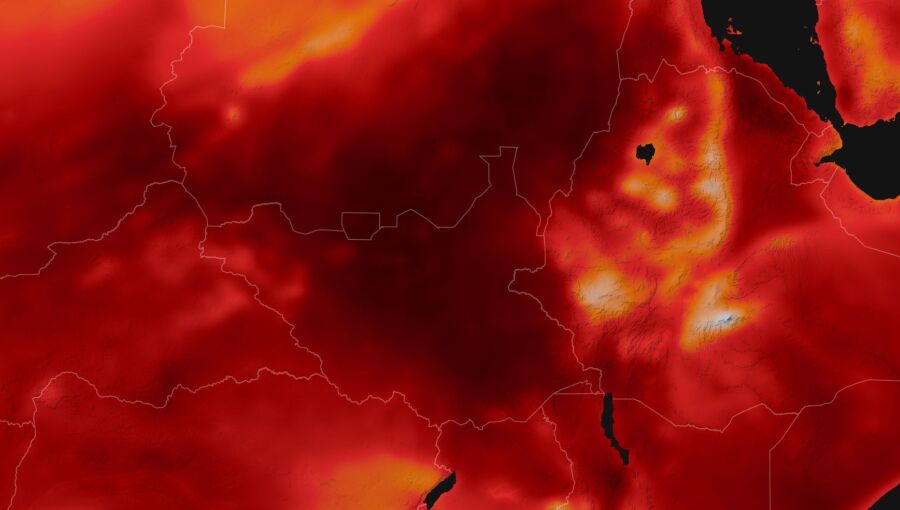2024 disaster season has launched

Disaster season is under way with scorching heat and floods, although spring in the northern hemisphere has only just begun.
On March 31, Tokyo saw the hottest temperature ever recorded in March since data started almost 150 years ago, said Kyodo News.
East Africa faced such a dramatic heatwave that schools were closed in South Sudan in mid-March. Temperatures were expected to rise to 41 to 45 degrees Celsius and the heatwave was due to last for two weeks, said the NASA Earth Observatory.
AFP reported heavy rain and overflowing rivers that flooded towns in western France at the end of March. At least one person is missing and more than 500 firefighters were readied. In La Roche-Posay, the Creuse river was expected to almost exceed the 1896 all-time record with a height of more than seven metres.
The ocean is in trouble. “Ocean temperatures are literally off the charts,” blogged Benjamin Santer, an adjunct scientist in the Physical Oceanography Department at Woods Hole Oceanographic Institute (WHOI) when new research was released on March 20.
“A lot of people want to know what is happening,” he said. “A big part of the answer is that human activities have gradually warmed the world’s oceans. The scientific community has been focused on changes in the ocean’s annual average temperature… it’s also critically important to perform fingerprinting with seasonal changes.”
The ocean is a key carbon sink, absorbing a quarter of the CO2 produced by burning fossil fuels. But the ocean absorbs less CO2 when it is warmer.
According to the European Union climate agency Copernicus, February was the hottest ever as was the entire winter. As of February, the last eight months, starting in July, were above 1.5 degrees of warming.
The Paris Agreement’s goal of not exceeding an average of 1.5 degrees, however, is measured over a far longer period.
Last year was the hottest on record, and 2024 may exceed that. The US National Oceanic and Atmospheric Administration has predicted that most of the US will see higher than average temperatures until June – at least.
"If we look at the forecast for the next three months in the long range, it's suggesting that the trend that we're seeing in baseline warming could continue, and so 2024 could rival 2023 for being the hottest year on record, which is very scary," Chloe Brimicombe, a heatwave researcher at the University of Graz, told CNET.


Follow us online